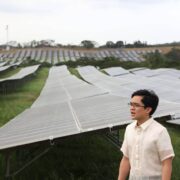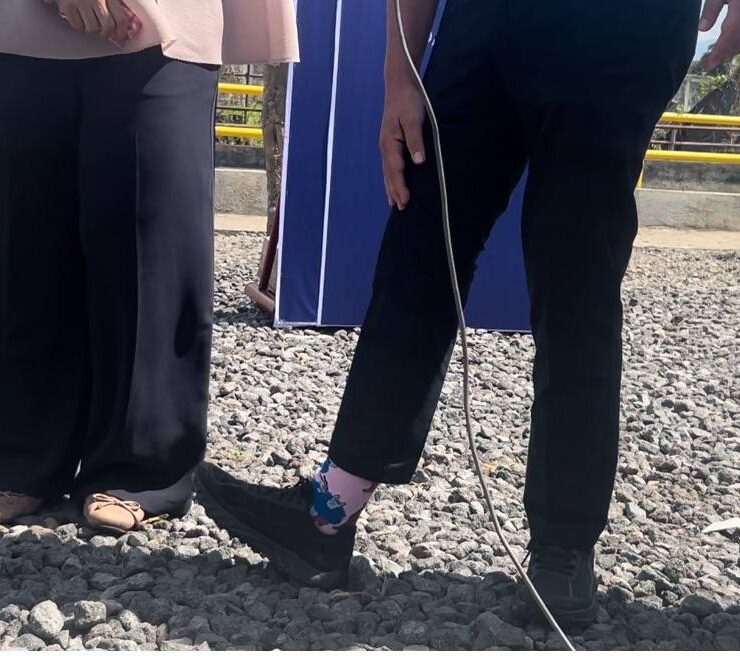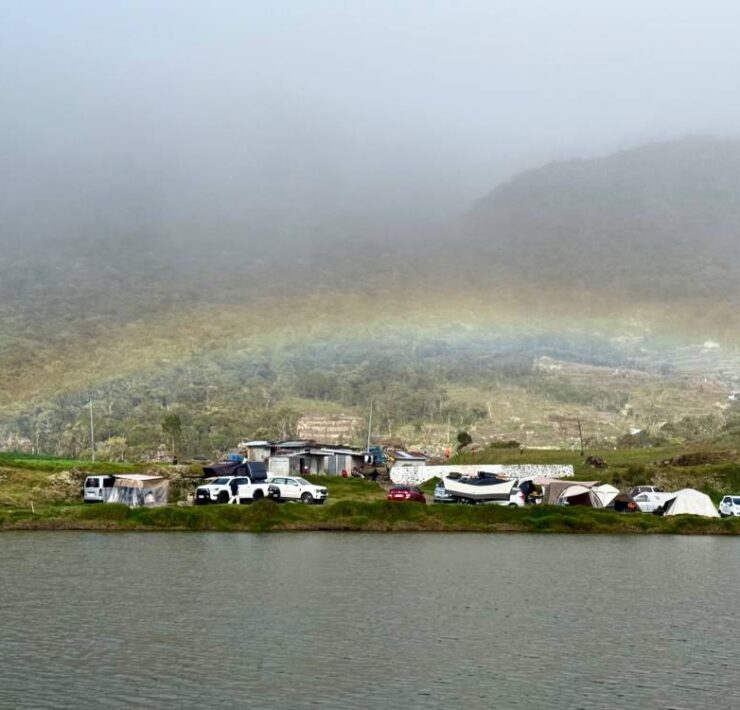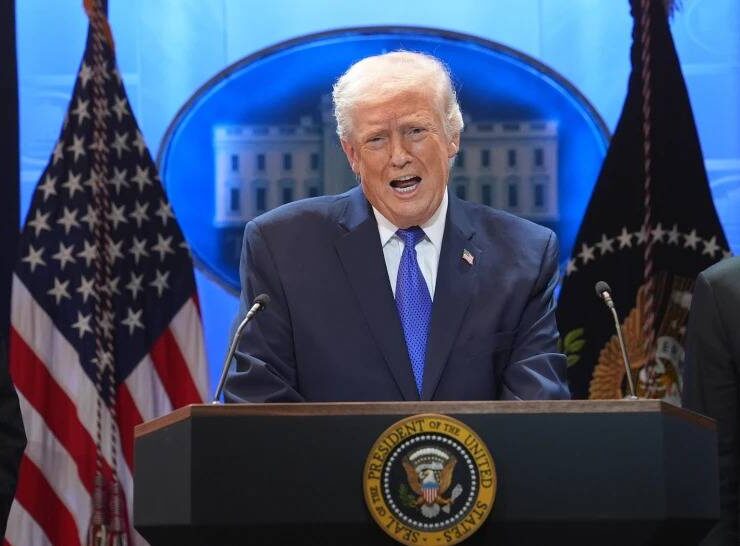Reconsider food security emergency, DA urged
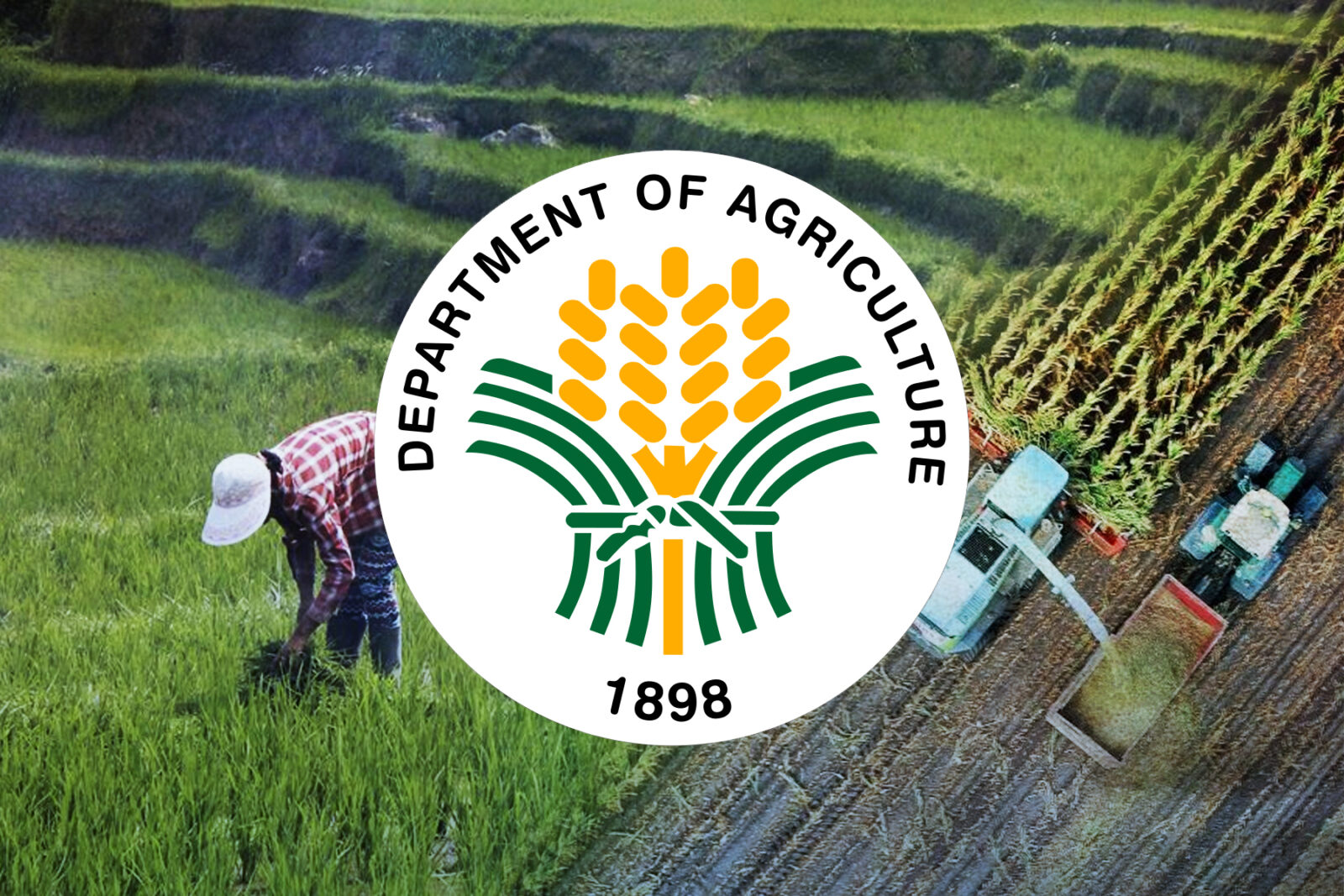
Fearing that the lowering of rice prices may affect the earnings of local growers, a farmers’ group on Sunday urged the Department of Agriculture (DA) to “fully study” its plan to declare a national food security emergency.
In a statement, the Federation of Free Farmers (FFF) said that with the scheduled declaration of such an emergency on rice supply on Tuesday, the National Food Authority (NFA) would be able to release its stocks, currently around 300,000 metric tons (MT) or six million bags, for resale at below-market prices through local government units and Kadiwa stores.
Raul Montemayor, FFF national manager, said that “if NFA rice is sold at P38 per kilo, traders—to remain competitive—will have to buy dry palay from farmers at P19 per kilo. At this price, most rice farmers will either break even or have very little left after paying debts and other expenses.”
He added that while the disposal of NFA rice stocks would allow the agency to decongest its warehouses and procure more supplies, its “P9-billion procurement fund for 2025 can absorb just 4 percent of the palay output in the first semester alone.”
“Additionally, few farmers actually manage to sell their palay to NFA because they lack access to dryers and postharvest facilities needed to comply with the agency’s strict grain quality standards,” Montemayor noted.
The group also questioned the DA’s reasoning for declaring a food security emergency since prices for well-milled and regular-milled rice have already started to decline, based on data from the Philippine Statistics Authority (PSA).
Citing PSA figures, FFF said the price of well-milled rice spiked in September 2023 and reached its peak in March 2024 at P56.44 a kilo.
“Since then, prices have declined, averaging P54.38 per kilo in December 2024. Prices for regular-milled rice showed a similar trend,” the group said.
“How can you declare an emergency now, when prices are already dropping and the extraordinary increase in prices actually occurred a year ago? How will you know when it is time to lift the emergency declaration?” Montemayor asked the DA.
The group urged the DA to go after importers, wholesalers and traders who are selling rice at high prices despite a 20-percent cut in tariffs.
It also called on Congress to address the gaps in the Anti-Agricultural Economic Sabotage Act, which classifies agricultural smuggling, hoarding, profiteering, and engaging in a cartel as economic sabotage, and the rice tariffication law that lowered the import taxes on rice coming from abroad in a bid to help lower domestic prices.
Cartel probe
Last December, Marikina City Rep. Stella Quimbo suggested that the Philippine Competition Commission (PCC) be prodded to conduct a formal investigation into the possible rice cartel in the country.
This followed suspicions of several members of the House of Representatives quinta committee, the super committee looking into the problems of the agricultural sector, that rice importers and traders were colluding to manipulate rice prices even after import tariffs were reduced and following an oversupply of rice in the country.
“May I move that we direct the PCC to open a formal investigation on a possible rice cartel, and also provide PCC access to whatever information is obtained through this committee hearing,” Quimbo said during the quinta committee hearing.
Rep. Wilfrido Mark Enverga, chair of the House committee in agriculture and food, then directed the panel secretariat to act on Quimbo’s motion.
Quimbo pointed out the disconnect between market conditions and prices, based on PSA data.
For instance, she cited government data showing that the country had an estimated 2.5 million MT of rice stock inventory last year, 25 percent higher than the 2023 level, yet prices remained high.
The lawmaker claimed that while importers and traders benefited about P13 billion from the reduced rice import tariffs, hoarding the stocks may have been the cause of the staple food’s high prices.













